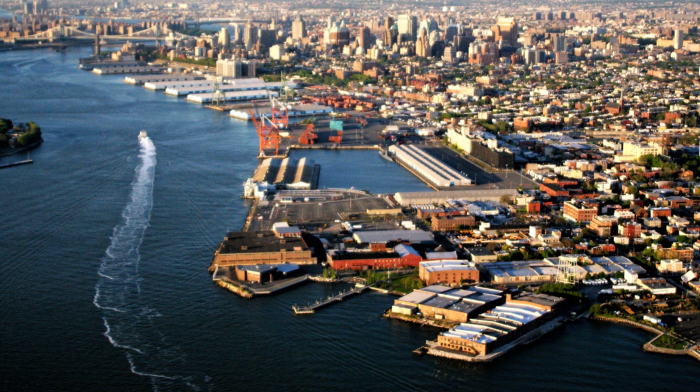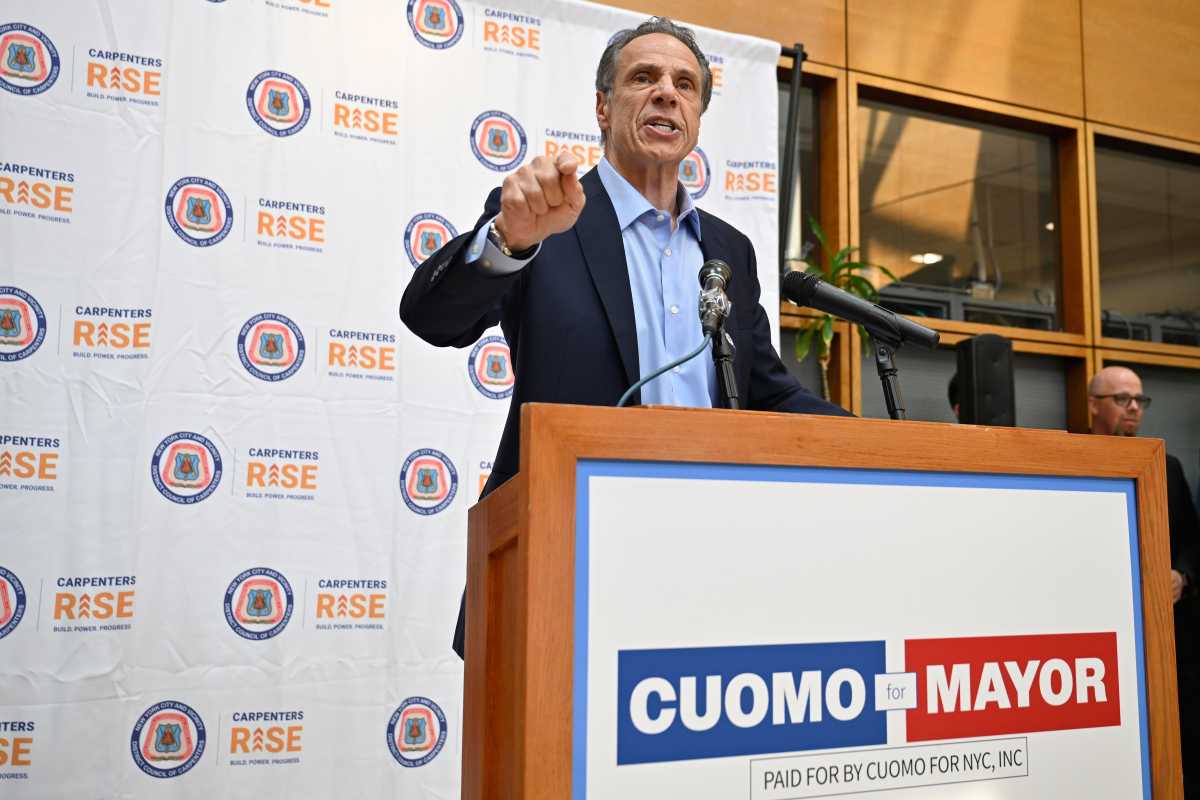August is here, moving season is upon us, and Brooklynites have been throwing out a lot of stuff lately — bags and bags of it, to be imprecise. But what exactly happens to that trash? To answer that question, reporter Dana Rubinstein, who has perhaps the dirtiest desk in the newsroom, checked in with self-described garblogger Leila Darabi, who tracks everything garbage-related on her Web site, Everyday Trash, at everydaytrash.wordpress.com.
Q: So, if I were to throw out all of the trash on my desk, where would it go?
A: In New York City, we used to send our trash to Staten Island. Now, there is a system of trucks that dump out the trash into larger trucks or barges, and it is carried away to other states.
Q: What’s wrong with that?
A: I was just floored about how much money the city spends sending our trash to all of these states. It’s a billion-dollar industry. And we tend to transfer the waste to very poor neighborhoods. This is so clearly a class issue. I’ve never had to think about what will happen after I throw something out. There are whole communities in the Bronx that have to think about it.
Q: What got you interested in all of this, er, garbage?
A: I started the blog after my thesis project at Columbia. I was very into trash politics, because at the time, the city was thinking of reopening the marine transfer stations. And I got very interested in neighborhoods’ acceptance and rejection of the plans. [Soon], it was all I ever talked about. It was what all my friends and parents began to associate with me. So I started the blog as a creative outlet and a place to put all of these articles people were sending me.
Q: Did becoming a garblogger make you produce less garbage?
A: Somewhat. Though, at first, it made me create more trash, because I bought things that said they were green. There is a very seductive world out of there of home-composting containers, organic blouses —
Q: Organic blouses?
A: You know, like hemp clothing. Or tote bags. Now, I don’t live a perfectly green life, but I try not to use plastic bags and try to bring reusable containers. But my focus is more big-picture, policy issues.
Q: If you could change anything about trash policy, what would it be?
A: The best policies seem to be ones that encourage you to produce less waste in the first place. There are economic experiments in some cities that make it more expensive to produce more garbage, or give you money for recycling things. I’d like to see more of those policies.
Q: Have you ever visited a landfill?
A: No, I have not. I have visited an empty marine transfer station in the Gowanus. It was like a dock that was abandoned. It wasn’t that exciting. I’d like to visit a landfill. [But] my next adventure is Dumpster diving. I think there’s a lot of interest now in freeganism and reusing. It’s become a little bit trendy … It’s fairly socially acceptable to pick up used furniture off the curb. What’s more controversial is whether we should eat food from a Dumpster.
Q: Would you do that?
A: I think I would, based upon what I’ve been told by freegans. From what I understand it’s mostly produce, not-quite-expired canned goods, and day-old bread.
Q: Delish!

























